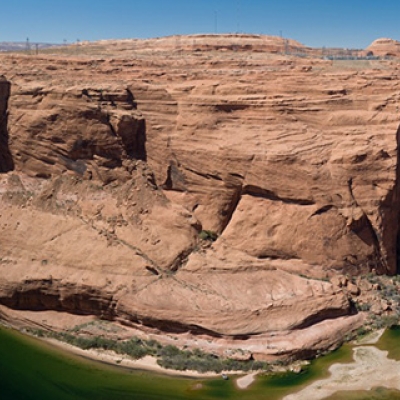By R. Edward Grumbine / On September 28th, 2010
During a trip last week to Nepal to attend a workshop on climate change adaptation strategies across the Himalaya, I experienced darkness within darkness for several hours every night. I am not talking about visiting one of the poorest and least developed countries in the world, though poverty and political dysfunction are part of the darkness I mean to describe. The dim conditions I am referring to are both figurative and literal; each night Nepal undergoes “load shedding,” the governments preferred euphemism for what I have always known as a power outage.










